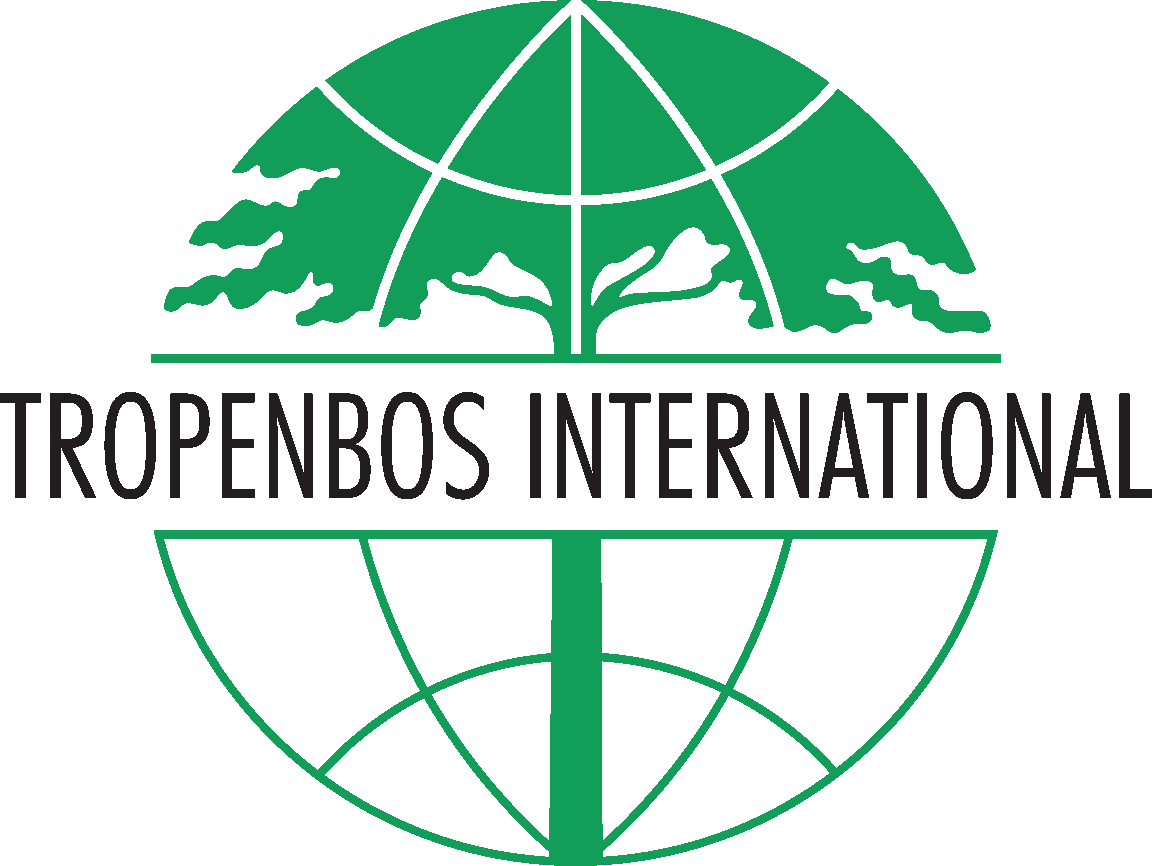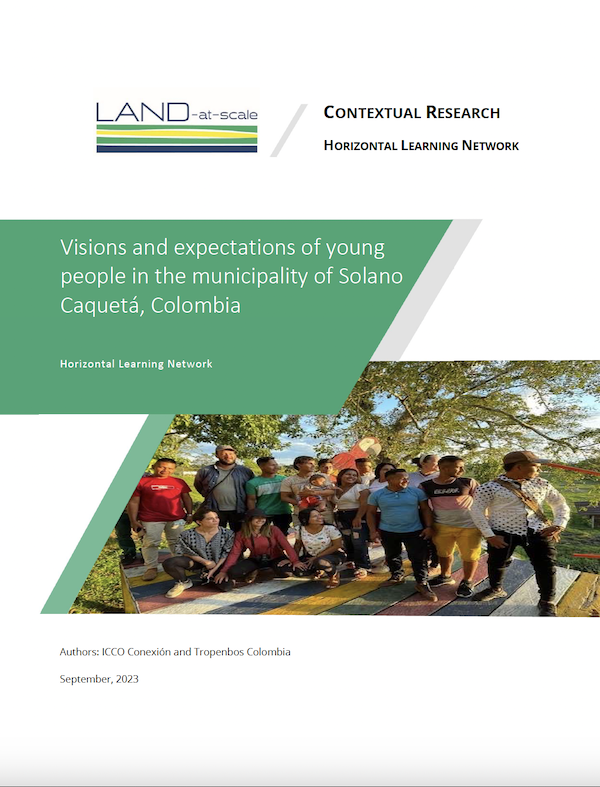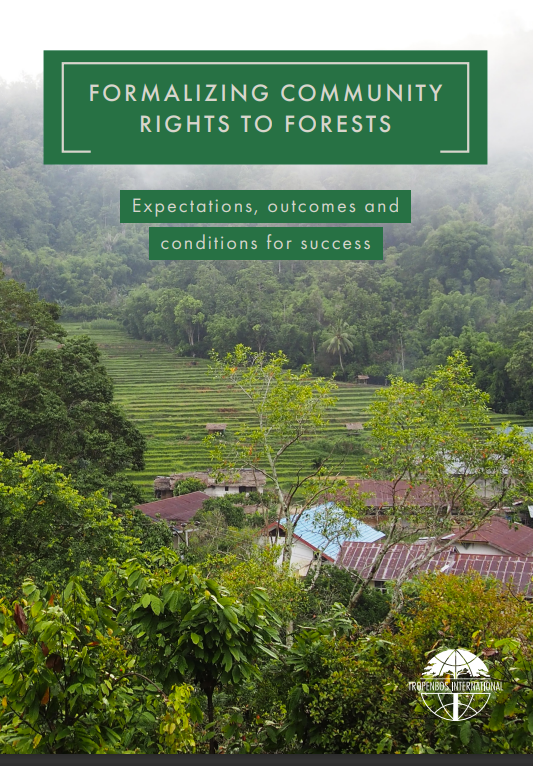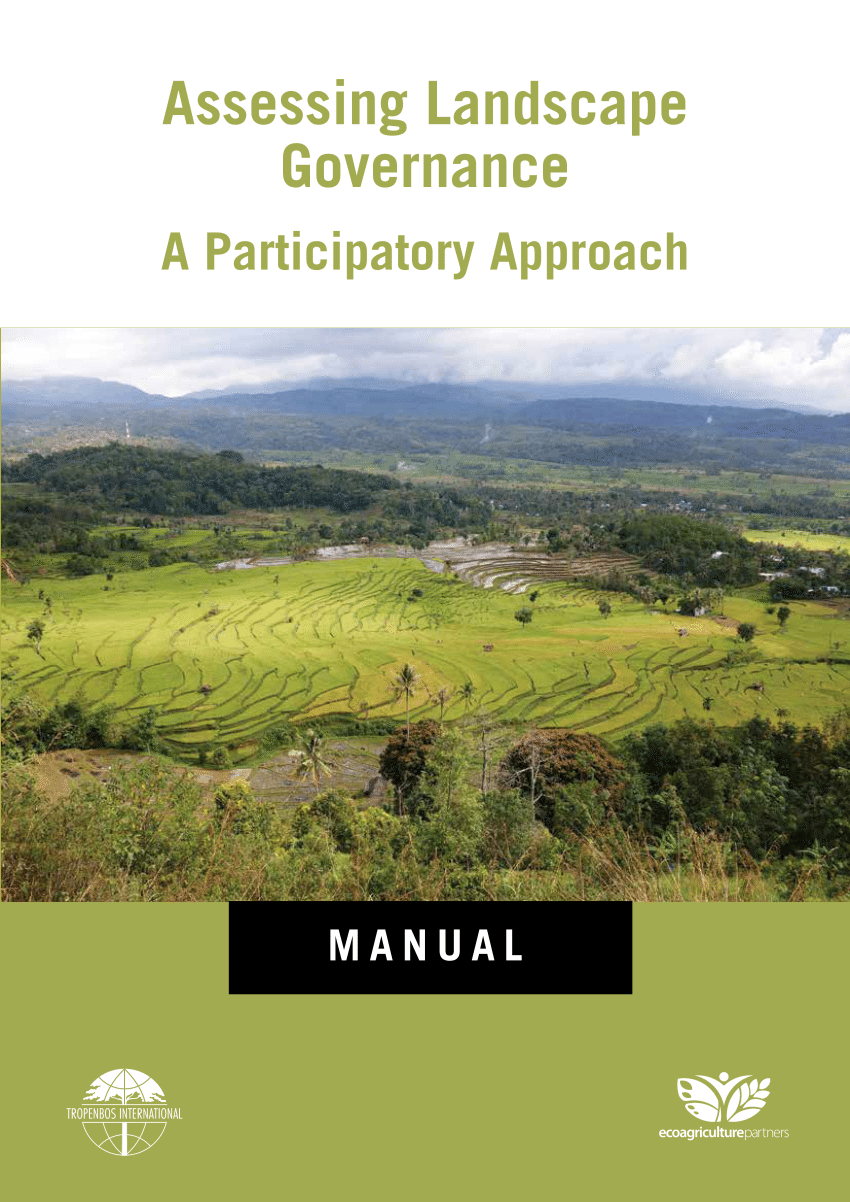Location
P.O.Box 232
6700 AE Wageningen
The Netherlands
Tropenbos International envisions a future in which forests and trees are used sustainably for the benefit of local people and the global community. By using evidence to make conscious choices and finding the right balance between the needs of all the stakeholders involved, we contribute to sustainable solutions for forested landscapes.
Tropenbos International (TBI) brings the knowledge together to address complex questions regarding sustainable management of forests and trees, organizes interactions with all the stakeholders and actively helps to create broad support.
We started in 1986 as a Dutch non -governmental non-profit organization, in 2017 we became a network of independent member organisations. We work in more than ten countries in the south, through our network of six local members and collaborations with partners elsewhere.
Members:
Resources
Displaying 1 - 5 of 26Visions and expectations of young people in the municipality of Solano Caquetá, Colombia
Solano is a municipality located in the department of Caquetá within the deforestation arc of the Colombian Amazon, the second largest municipality in area of the country. Solano can only be reached by river, although there are already several trails that allow to reach the municipal’s capital by car at certain times of the year.
Formalizing community rights to forests: Expectations, outcomes and conditions for success
In recent years, the call of civil society organizations to formalize rights of local communities and Indigenous Peoples to forests has been growing louder. They argue that formalizing local forest rights will have positive outcomes for livelihoods as well as forest conservation. In response to these calls, many governments have started forest reforms. This has become known as the forest tenure transition.
Zero deforestation: A commitment to change
Widespread palm oil production causes much controversy due to its negative impacts in the tropics. But whatever is said about it, it is big business and getting bigger by the day due to increasing global demands. Alongside this, the size and depth of the social and environmental debates surrounding palm oil production are also growing. As a major globally-consumed commodity, its production in the humid and sub-humid tropics raises concerns due to its impacts on the environment, biodiversity, local communities, smallholder livelihoods, land rights and climate change.
Guidelines: assessing landscape governance – a participatory approach
Landscape governance relates to how rules and decision-making address overlapping claims and conflicting interests in the landscape. It also relates to how rules and decision-making encourage synergies among stakeholders and stimulate the sustainable management of the landscape. In order to achieve sustainable landscape development, it is crucial to understand how governance processes are organized, and how this influences the decisions and behaviour of actors in the landscape.
Guidelines: assessing landscape governance – a participatory approach
Landscape governance relates to how rules and decision-making address overlapping claims and conflicting interests in the landscape. It also relates to how rules and decision-making encourage synergies among stakeholders and stimulate the sustainable management of the landscape. In order to achieve sustainable landscape development, it is crucial to understand how governance processes are organized, and how this influences the decisions and behaviour of actors in the landscape.





